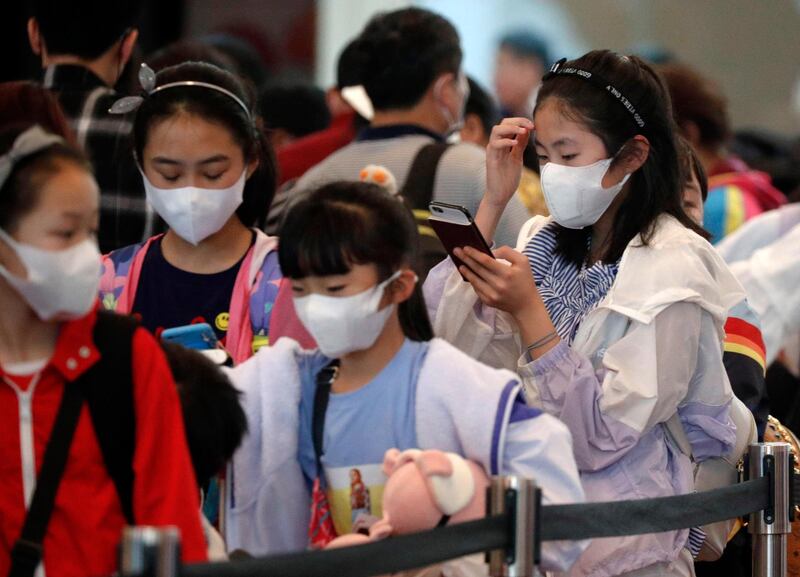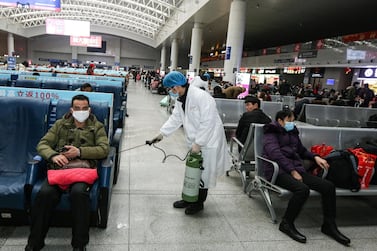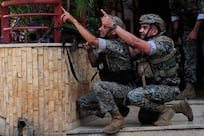In recent weeks, the world has been gripped by news of the emergence of a new strain of coronavirus that originated in the Chinese city of Wuhan, and which has now infected at least 540 individuals across China and four other countries. The virus’s symptoms include coughing, fever and breathing problems. Having now been confirmed by Chinese authorities to spread from person to person, it has already claimed 17 lives.
The widespread concern is justified, and caution is required. But the virtue of concern and caution is that they beget action and care. There are encouraging steps being taken at the global level to slow the virus’s spread, and eventually to halt it in its tracks. For instance, the World Health Organisation’s emergency committee convened on Wednesday to assess the present level of danger.
Notably, the committee fell short of classifying the situation as a public health emergency of international concern – a label used for such serious crises as the Ebola outbreak of 2014 and the Zika virus of 2016. This decision leaves room for cautious optimism, especially as the committee believes that the fatality rate of this virus is lower than its cousins Middle East Respiratory Syndrome coronavirus (MERS) and Severe Acute Respiratory Syndrome-related coronavirus (SARS), which have mortality rates of 33% and 10%, respectively. It is important to remember that disease outbreaks from those viruses in the past were overcome.
The early days of the SARS outbreak of 2002 were marked by a failure of authorities in individual nations to disclose all necessary information about the virus before it spread globally. With this week’s announcements, Beijing is demonstrating a capacity to learn from this past experience and has now been praised by WHO for adopting a stance of increased transparency and cooperation.
Collaboration between international health institutions and governments is crucial, as is a spirit of compassion and understanding. It has been a harrowing week for families in China’s Hubei Province. Saturday marks the Chinese New Year, a time when residents should be travelling to their loved ones and gathering in warm celebration. Instead, Wuhan and Huanggang, a pair of cities with a combined population of over 18 million, are frozen in quarantine, with transport systems and public spaces shut down.
While these strict containment measures are aimed at confining the virus to a particular region of central China, it is important to remember that pathogens know no borders. Thanks to the information being shared by the WHO and Chinese authorities, nations around the world are able to take the precautionary measures needed to keep their people safe.
Airport authorities in Dubai announced today that they have begun screening passengers arriving on flights originating in China, following similar steps taken earlier in the week by Saudi Arabia. And although the Emirates remain coronavirus-free, federal authorities in the UAE have put in place a range of other procedures to deal with a possible outbreak, including specialised training for healthcare workers.
The decisions made by public officials, law enforcement, and healthcare workers are the front line of defence against epidemics like this new strain of coronavirus. But prevention is an endeavour that can only succeed with a society-wide effort. Every individual has a responsibility to help protect their wider community, by staying informed, taking their own precautions, practising good hygiene and maintaining their health and fitness. The elderly and other vulnerable sections of society are particularly at-risk — the WHO has reported that 73 per cent of all those infected by this virus are over the age of 40, and four out of ten fatalities have occurred among those with other pre-existing conditions.
Every outbreak of disease is a test for our public institutions to continue the good work of looking out for us. But it is also a reminder that we have to look out for one another.






